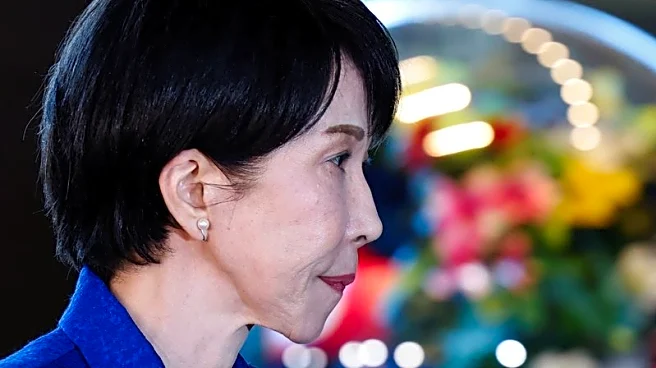Rapid Read • 6 min read
A study in Finland reveals that climate change is causing shifts in moth communities, with extinction in the north and colonization in the south. Over 30 years, researchers monitored 658 species of macro moths across 62 sites, finding that warming temperatures are leading to the decline of cold-affiliated species in northern regions and the rise of warm-affiliated species in southern areas.
The study highlights the impact of climate change on species distribution and biodiversity. Changes in moth communities can affect ecosystem dynamics, including pollination and food webs. Understanding these shifts is crucial for conservation efforts and predicting future biodiversity changes in response to global warming.
AD
Continued monitoring and research are needed to track the long-term effects of climate change on moth communities. Conservation strategies may focus on protecting habitats and supporting species adaptation to changing climates. Collaboration between scientists and policymakers will be vital to address the challenges posed by shifting biodiversity.
The findings underscore the importance of considering latitudinal variations in climate change impacts. They raise questions about the resilience of ecosystems and the potential for new species interactions as communities shift. Ethical considerations may involve balancing conservation efforts with the natural evolution of species distributions.
AD
More Stories You Might Enjoy












